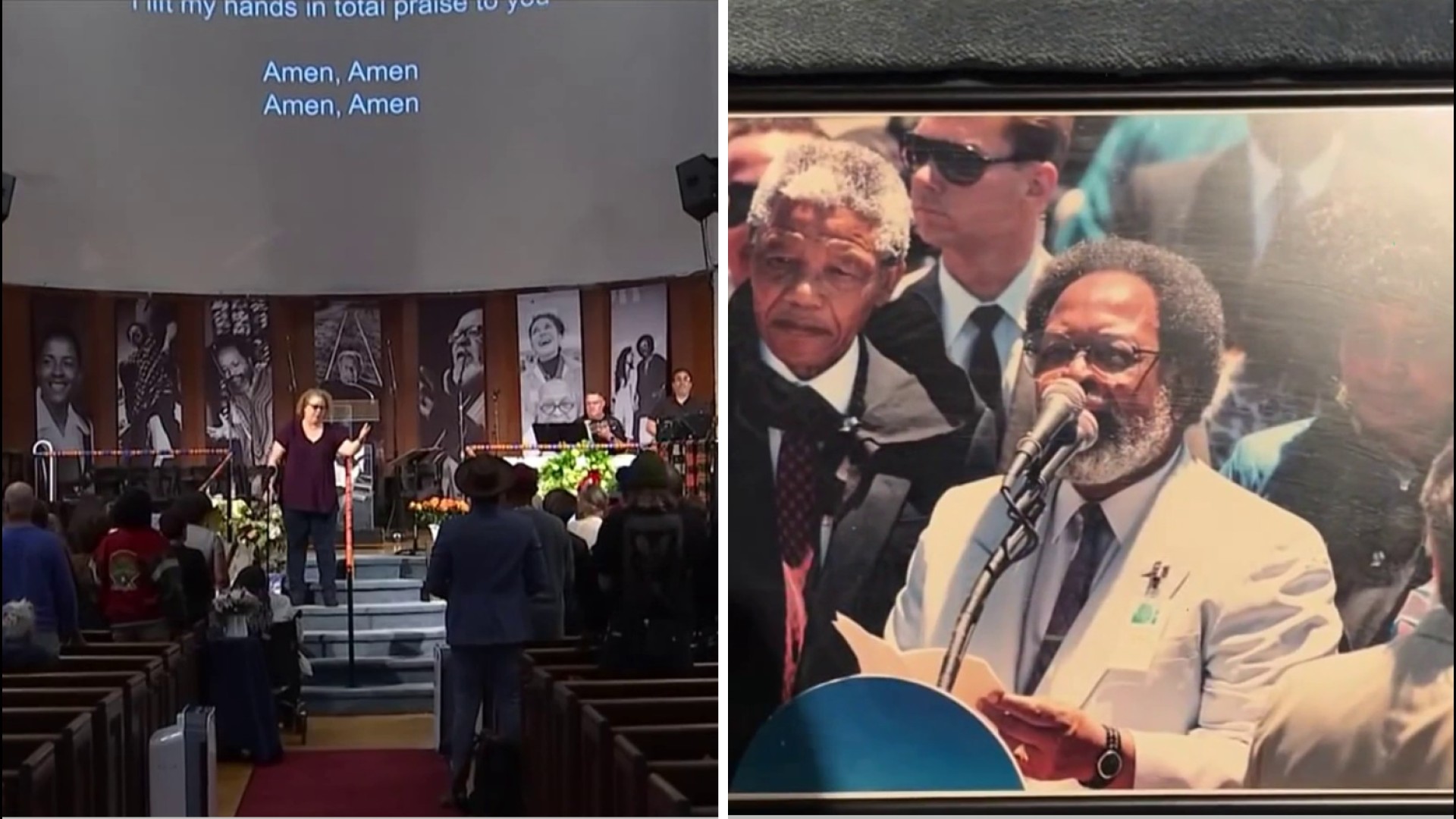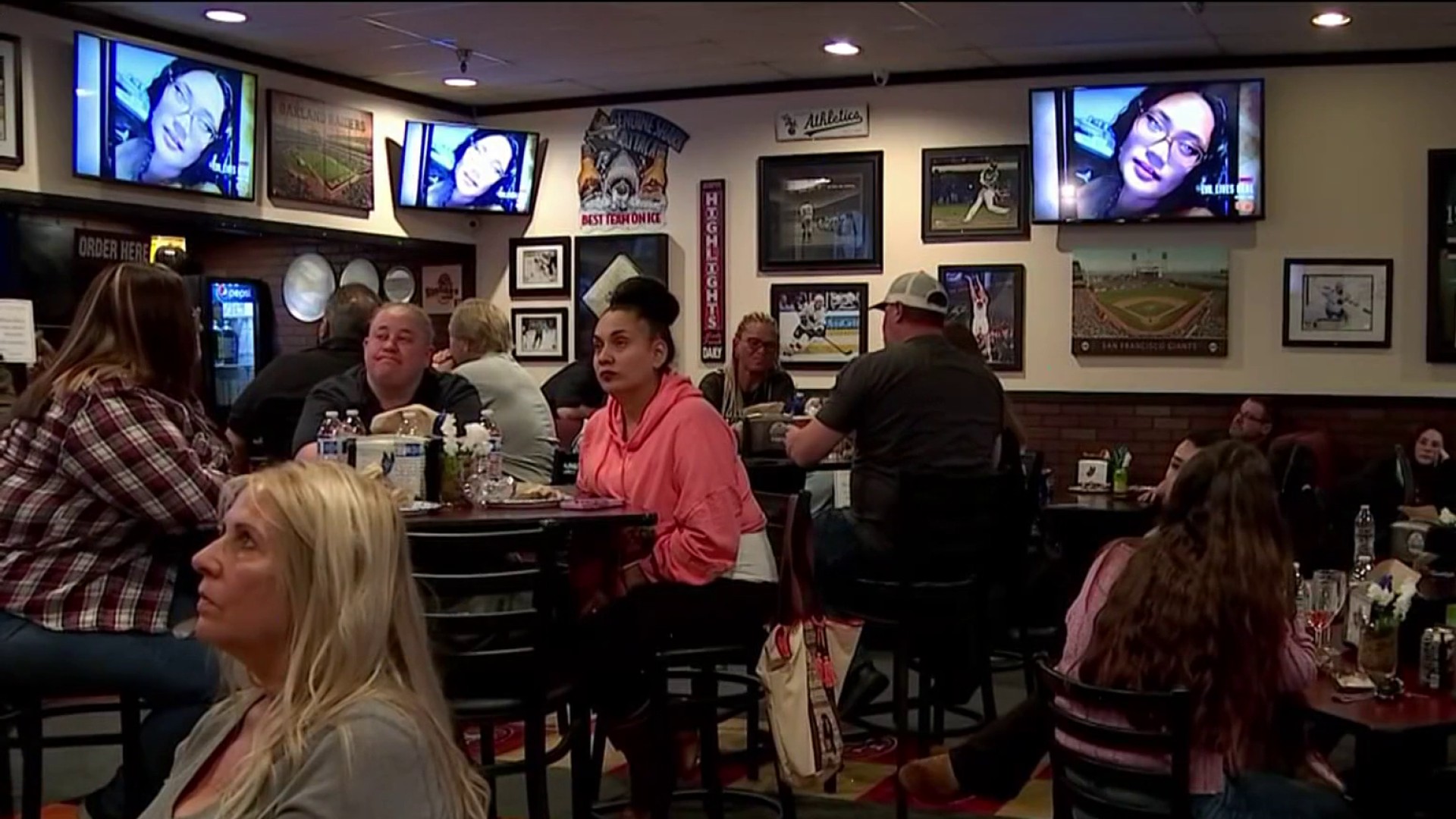While Gov. Jerry Brown cries foul over $11 million in unidentified money that recently infused the state ballot measure fight, federal races in California and around the country are awash in secret money, too.
Advocacy groups that don't disclose donors have dumped more than $200 million into the presidential and congressional races this season, according to the Sunlight Foundation, and that's only the fraction of their activities that they had to report publicly.
When an obscure Arizona group called Americans for Responsible Leadership gave $11 million to defeat the governor's tax measure and support an initiative that would weaken the political clout of unions, Brown called it illegal. The state Fair Political Practices Commission filed a lawsuit Thursday under new state rules to force the group to provide records on the mystery donation.
Commission Chairwoman Ann Ravel, said her agency will scrutinize big donations from other untransparent groups as well, though her authority doesn't cover federal races.
"This is really what the FPPC should be doing," Ravel said. "Even if it doesn’t work, it’ll increase the momentum for us to get legislation" to increase disclosure.
Nonprofit advocacy groups, which can raise unlimited sums of money from corporations, unions and individuals, have been around for years but have become increasingly popular tools to influence elections. The 2010 U.S. Supreme Court decision in Citizens United v. Federal Election Commission allowed them to explicitly advocate for and against political candidates. This election cycle, the vast majority of their reported expenditures have gone to oppose Democrats and help elect Republicans.
In the congressional race in Modesto, for example, the American Action Network recently announced a $2.2 million advertising buy attacking Democratic candidate Jose Hernandez, who is challenging Republican U.S. Rep. Jeff Denham. The American Action Network already is one of the biggest outside funders in the race, but unlike super political action committees, it does not need to disclose where it gets money.
Local
"We do not discuss donors," said spokeswoman Brook Hougesen.
Hernandez campaign manager Daniel Krupnick said the negative ads aren't gaining traction with voters, but said, "It certainly hasn’t been fun."
"It really makes it somewhat unfair where there’s no disclosure, because you don’t know who’s saying what they’re saying and why they’re saying it," Krupnick said. "You don’t know what their ulterior motives are."
Calls to Denham's campaign were not returned.
Hernandez is getting outside help from a Democratic Party committee, labor unions and, to a lesser degree, the House Majority PAC. As a super PAC, the House Majority PAC must disclose its funders, including unions and a Chicago publisher of alternative newspapers.
The American Action Network was co-founded by former U.S. Sen. Norm Coleman, a Minnesota Republican. While most of its funding is hidden, The Center for Public Integrity discovered that the pharmaceutical industry trade association gave the group $4.5 million in 2010.
The group and others like it have faced allegations that they are flouting the law. They are organized under the tax code as social welfare organizations, and politics cannot be their primary activity. The definitions of political activity and a group's primary purpose, however, are a matter of debate.
Other groups have asked the Internal Revenue Service to investigate whether the American Action Network and similar organizations are violating the rules.
Hougesen called such criticisms "politically motivated and baseless."
"The American Action Network is a social welfare organization committed to advancing center-right policies," she wrote in an email. "The Network complies with all laws and Internal Revenue Service and Federal Election Commission rules and regulations."
So far, the IRS hasn't taken any enforcement action.
"The last thing the IRS wants to do is get caught in the middle of a partisan political battle over what is and what isn’t a political activity," said Bill Allison, editorial director of the Sunlight Foundation, which supports increased transparency.
A bill to force more disclosure of donors failed in the U.S. Senate this year.
Meanwhile, even tracking the election-related activities of so-called "dark money" groups can be difficult. The groups have to report spending only on ads that explicitly say to vote for or against a candidate or ads that mention a candidate 30 days before a primary or 60 days before a general election.
Groups often run ads that denigrate candidates without actually calling for their defeat, and if they run outside of the 30- and 60-day windows, nothing has to be reported.
"It’s a black hole," Allison said.
View this story on California Watch
This story was produced by California Watch, a part of the nonprofit Center for Investigative Reporting. Learn more at www.californiawatch.org.



